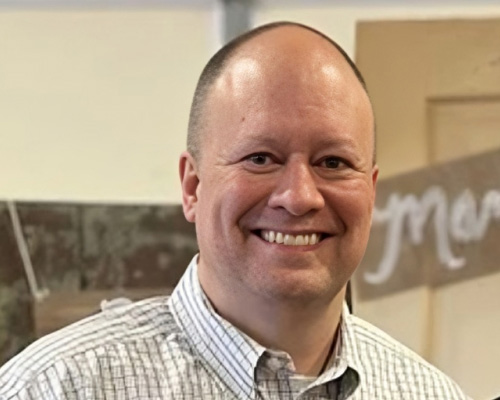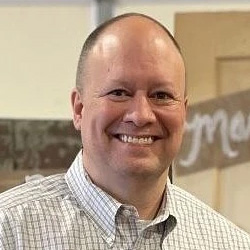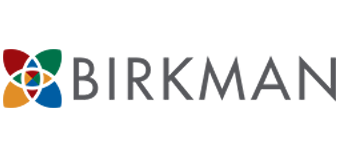Could your high school student use additional help figuring out what they want to be when they grow up? Are you concerned about getting a good ROI on your savings for education, whether you plan to fund trade school or a four-year college degree?
Career coaching and traditional high school counseling aim to support students’ academic and emotional well-being and career journeys. Still, they differ significantly in their approaches, focus areas, and depth of engagement.
What does a Career Coach do?
A career coach helps individuals navigate their professional journey by guiding career exploration, goal setting, job search strategies, and skill development. They also assist with resume optimization, interview preparation, networking, and career transitions while supporting workplace challenges and leadership growth. By providing accountability and expert advice, career coaches empower clients to make informed decisions and achieve their career goals.
What does a high school counselor do?
School counselors help students with academics, social development, emotional support, and family intervention. A high school counselor supports students’ academic, career, and personal development. They help with course selection, college and career planning, and scholarship opportunities while guiding personal and social challenges. Counselors also work with students to develop success skills, such as time management, conflict resolution, and goal setting. They collaborate with teachers, parents, and administrators to create a supportive learning environment.

Career Growth Strategy
Is Your Career Heading in the Right Direction?
Our personalized coaching will help unlock new opportunities and accelerate your professional growth using a data-driven approach to identifying your value proposition so you can tell mom what you want to be when you grow up.
What are the differences between Career Coaching and High School Counseling?
Here are some of the key differences between each role. Keep in mind that counselors shine in each phase of the journey. Some may shine brighter in course guidance, while others may shine more in the area of emotional support or career exploration. A career coach’s role is primarily focused on career exploration. Here are some of the differences:
Focus and Scope
- Career Coaching: Primarily focuses on helping individuals understand their unique strengths, interests, values, and aspirations to make informed career decisions. It involves a deep, personalized exploration of potential career paths and the development of specific strategies to achieve career goals. Career coaching often goes beyond selecting a career, including skill development, job search strategies, and long-term career planning.
- School Counselor: Typically offers broader support, addressing academic advising, college admissions, social-emotional development, and sometimes career advice. The focus is often on ensuring students meet graduation requirements, apply to colleges, and manage personal issues rather than deep career exploration.
Personalization
- Career Coaching: Highly personalized and tailored to the individual’s unique profile. Coaches often use assessments, one-on-one sessions, and tailored action plans to guide students through career discovery and planning. The relationship is typically ongoing and evolves as the student progresses.
- School Counselor: Often less personalized due to the school’s high student-to-counselor ratio. Counselors may provide generalized advice that applies to a broad range of students rather than deep, individualized career planning.
Approach and Techniques
- Career Coaching: Employs a variety of specialized tools and techniques, such as personality assessments (e.g., Myers-Briggs, Birkman Method), career interest inventories, and coaching frameworks, to help students gain self-awareness and align their career choices with their intrinsic motivations and values.
- School Counselor: While some counselors may use similar tools, the approach is often more pragmatic and time-limited, focusing on immediate needs like college applications, scholarship opportunities, or course selection.
Depth of Engagement
- Career Coaching: Involves a deeper, more intensive engagement with students, often including multiple sessions over time. Coaches work with students to develop a detailed understanding of their career options, prepare for internships or job interviews, and build a comprehensive career plan.
- School Counselor: Engagement may be more episodic, with students meeting counselors at specific times for targeted advice. The counselor may limit the depth of career exploration due to time constraints and the counselor’s need to address various issues.
Outcome-Oriented
- Career Coaching: Focused on specific, measurable outcomes, such as selecting a college major aligned with career goals, developing a resume, or securing an internship. The process is often goal-driven, with clear milestones and actionable steps.
- School Counselor: While outcomes are important, the focus is often on broader educational and personal development goals, such as ensuring students are academically on track or managing social-emotional issues.
Client Relationship
- Career Coaching: The relationship is typically client-driven, meaning the student (or their family) actively seeks out the coach for specific career-related guidance. This alliance creates a partnership where the coach is a facilitator and guide.
- School Counselor: The relationship is usually school-driven, with counselors assigned to students based on the student’s academic status. Due to institutional constraints, the counselor-student relationship may be more formal and less collaborative.
Availability and Accessibility
- Career Coaching: Often available outside of school hours and can be tailored to the student’s schedule. You can hire coaches independently, providing flexibility in time and focus.
- School Counselor: Typically bound by the school’s schedule and availability. Students may need to wait for appointments and may not receive as much time as they need due to the high demand for counselors’ attention.
School Counselors and Career Coaches can play integral roles in shaping the lives Career Coach for high school students. A high school counselor provides broader support that includes academic and social-emotional aspects, but because of the volume of students, they sometimes devote less time and personalization to career-specific guidance. In contrast, career coaching offers a more specialized, personalized, and in-depth approach to career exploration, focusing on long-term success and individual fulfillment.
Career coaching can potentially shape a student’s future in ways that extend far beyond the school years. Empower your child to embark on a journey of self-discovery, confidence, and success, laying the groundwork for a fulfilling and purposeful career. To explore your career potential, schedule a complimentary consultation with J. Todd McCarty from Career Upside to get started today, your trusted career coach in Atlanta, GA. He’ll walk you through a career enhancement process, enabling you to build a plan toward career fulfillment. Your high school student will thank you!




